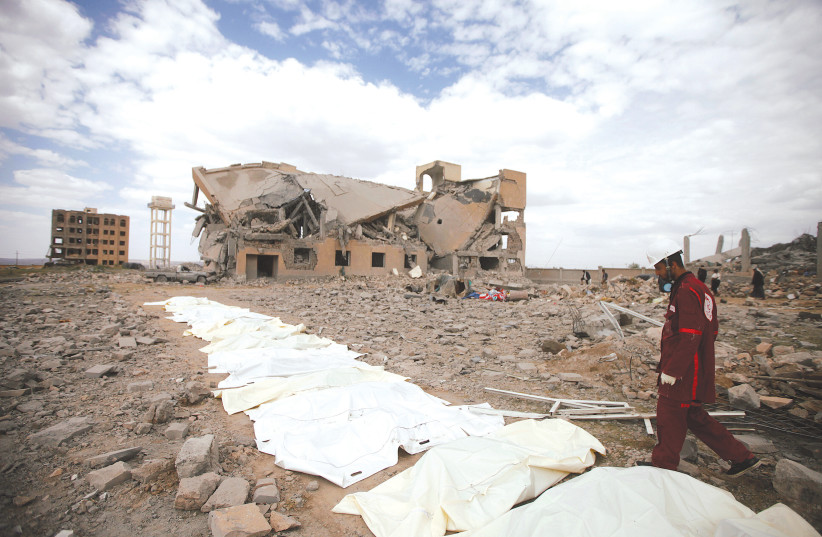The world is "dangerously unprepared" for future pandemics, the International Federation of the Red Cross and Red Crescent Societies (IFRC) say in a report published on Monday, calling on countries to update their preparedness plans by year-end.
In its World Disasters Report 2022, the IFRC said "all countries remain dangerously unprepared for future outbreaks" despite COVID-19 killing more people than any earthquake, drought or hurricane in history.
"The next pandemic could be just around the corner. If the experience of COVID-19 won't quicken our steps toward preparedness, what will?" said Jagan Chapagain, secretary general of the IFRC, the world's largest disaster response network.
"There will be no excuse for a continued lack of preparedness after having gone through three terrible years."
"The next pandemic could be just around the corner. If the experience of COVID-19 won't quicken our steps toward preparedness, what will?"
Jagan Chapagain
Countries should review legislations to ensure pandemic preparedness
The report said that countries should review their legislation to ensure it is in line with their pandemic preparedness plans by the end of 2023 and adopt a new treaty and revised International Health Regulations by next year that would invest more in the readiness of local communities.

It also recommended that countries increase domestic health finance by 1% of gross domestic product and global health finance by at least $15 billion per year, which Chapagain described as a "good investment to make."
"The important thing is there has to be a political will to commit to that," he said. "If it is there, it's possible."
